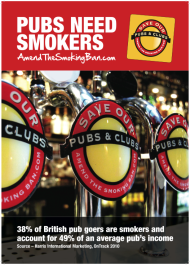Is this the stuff of Stasi Britain?
 Saturday, February 7, 2009
Saturday, February 7, 2009 This morning on BBC Breakfast there was a discussion about Sharon Shoesmith, ex-head of children's services at Haringey Council, who has been speaking to the Guardian about the government's handling of the Baby P case and her own role as the alleged victim of a press "witch-hunt".
Implying that the blame may lie elsewhere, a guest on the programme asked (I paraphrase): "What were the neighbours doing?"
The neighbours?! What have the neighbours got to do with it? Oh, I geddit. In today's Britain "the neighbours" are expected to double up as the eyes and ears of the state, whether that be the police or social services.
My worry is this. Unlike Neighbourhood Watch, which is concerned with general security, "What were the neighbours doing?" suggests a society in which people are peering round curtains, looking over garden walls, listening to conversations and generally poking their noses into other people's private business.
The Baby P case is (I hope) exceptional. If the neighbours had become aware of what was going on I agree they should have reported it. But it was not their job to be looking out for Baby P. There's a difference. And if social services - and the baby's GP - hadn't noticed anything seriously untoward (despite having direct access to the child), why should the neighbours have presumed otherwise?
If we accept that "the neighbours" are partially to blame for what happened to Baby P, what is the next logical step? Will "the neighbours" be asked to snitch on every Tom, Dick and Harry who smokes in front of his children, arrives home "drunk" from the pub, exceeds the speed limit, or expresses politically incorrect views in public bars or, God forbid, his own home?
Stasi Britain. Coming soon to a neighbourhood near you.
 Simon Clark
Simon Clark
Mark Lawson has THIS to say about surveillance and snitches in today's Guardian.
 Surveillance
Surveillance 











